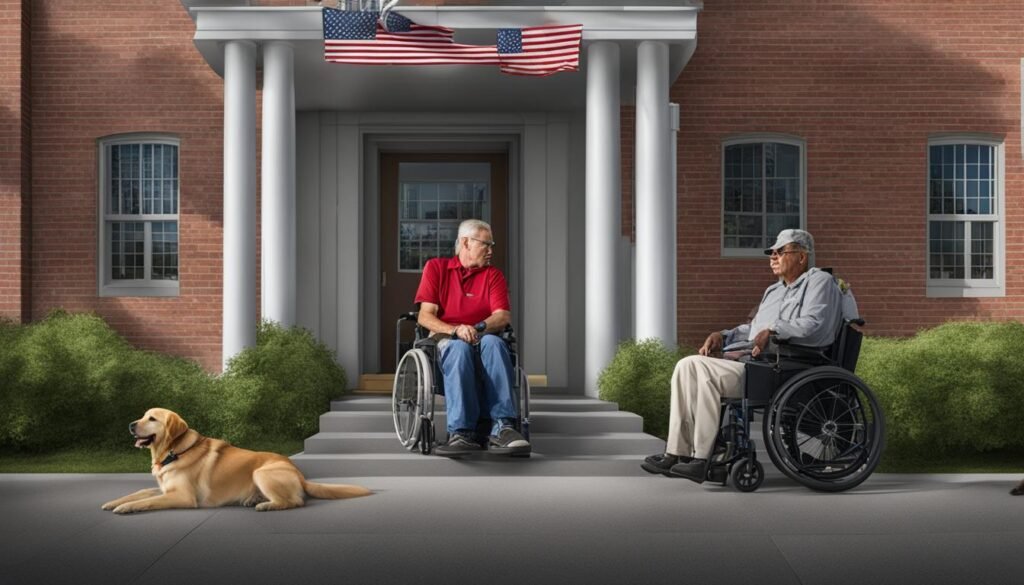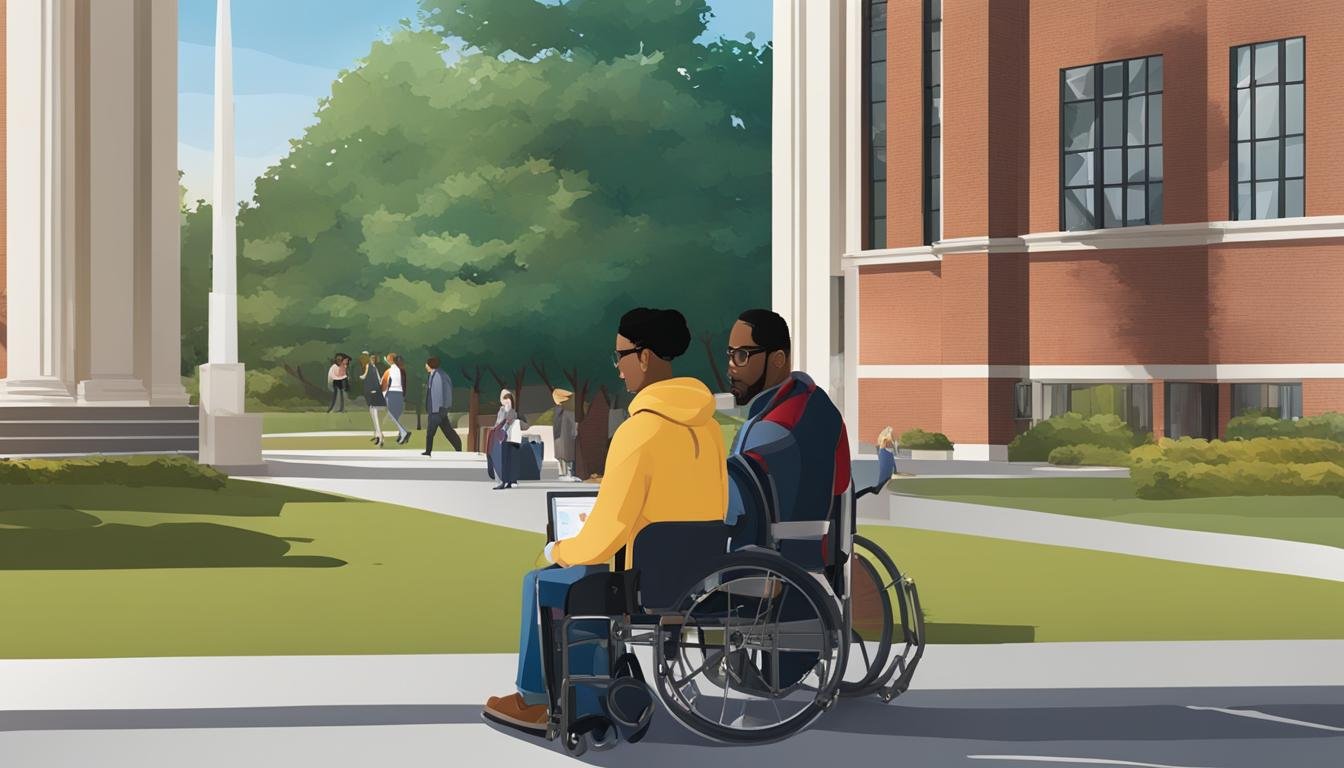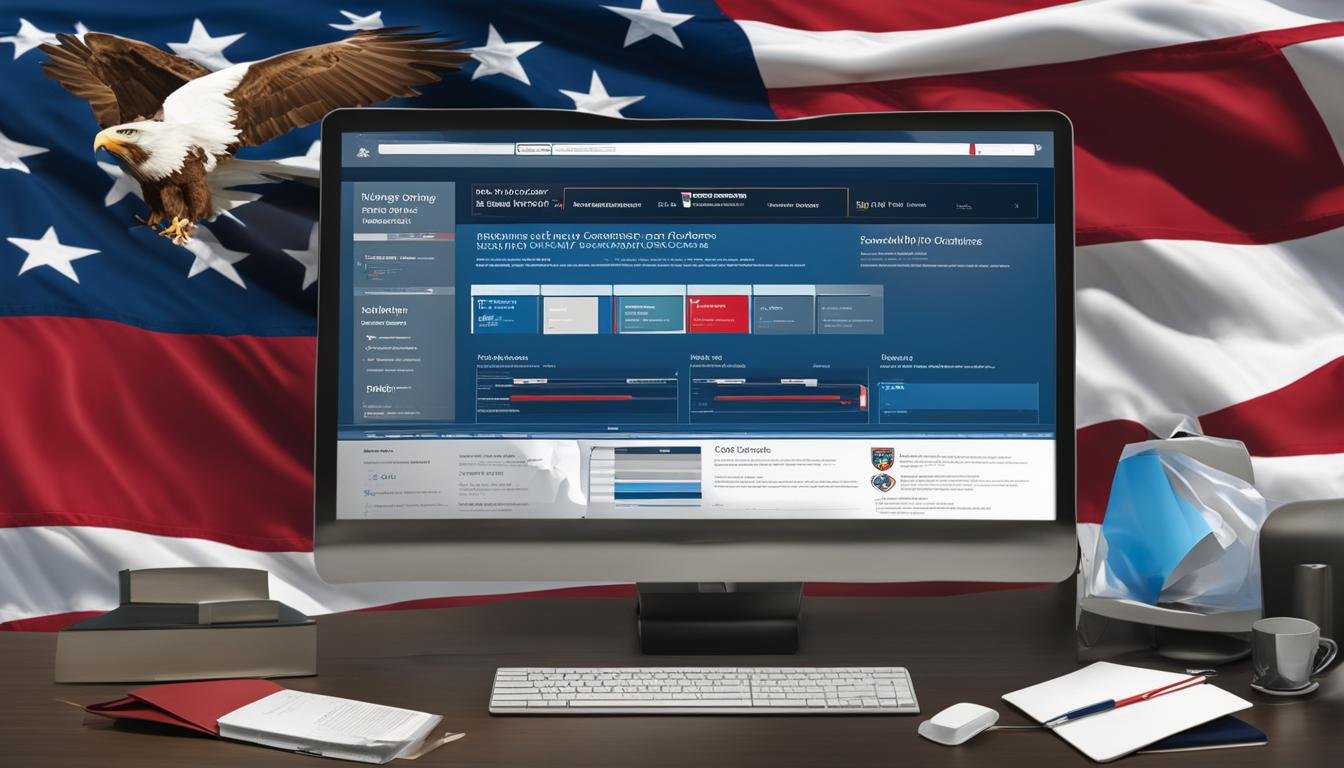Disabled veteran students pursuing higher education have the right to access appropriate support and accommodations. Under Section 504 of the Rehabilitation Act of 1973, colleges that receive federal funds are required to provide academic adjustments to qualified students with disabilities, including veterans. This ensures equal opportunity and prevents discrimination based on disability.
Section 504 defines disability broadly, encompassing physical or mental impairments that substantially limit major life activities. Examples include mobility impairments, sensory impairments, mental health conditions, and traumatic brain injuries. Colleges cannot deny admission based on disability and must make necessary academic adjustments to promote success.
Individual circumstances may vary, but academic adjustments for disabled veteran students may include reduced course loads, extra time on exams and assignments, accessible technology, note-takers, interpreters, and modified policies for service animals. It’s important to note that colleges are not obligated to provide personal services or devices, and adjustments must not create undue financial or administrative burdens.
To request academic adjustments, disabled veteran students should reach out to their college’s disability services office. Proper documentation may be required to verify the disability and determine appropriate accommodations.
Key Takeaways:
- Under Section 504, colleges must provide academic adjustments to disabled veteran students.
- Disabled veteran students may require various accommodations, such as extra time on exams and accessible technology.
- Colleges are not obligated to provide personal services or devices.
- Contact the disability services office to request necessary academic adjustments.
- Proper documentation may be required to verify the disability and accommodations.
Support Services for Disabled Veteran Students

The Student Veterans of America (SVA) has partnered with organizations like the Wounded Warrior Project and Paralyzed Veterans of America to expand support services for disabled veteran students. One program offered is the Disability Service Liaison (DSL) program, where student veterans serve as peer mentors to connect their fellow veteran students with underutilized campus resources. DSLs help create a supportive community and normalize help-seeking behavior for veterans. These programs are funded by the VA work-study program and provide effective, no-cost veteran outreach.
It’s important for colleges to coordinate with their disability services office to ensure proper support for disabled veteran students. Other support services may include academic tutoring programs, veteran-only courses, and career services. Academic tutoring can be a valuable resource for disabled veteran students who may need extra educational support outside the classroom. Many schools now offer tutoring programs specifically designed for student veterans. Veteran-only courses provide a supportive environment where veterans can discuss common issues and experiences. These courses can help student veterans acclimate to college life and foster camaraderie.
Disability services offices are responsible for ensuring that reasonable accommodations are provided to disabled veteran students. This may include priority course enrollment, assistive technology, alternative formats for textbooks, extended time for exams, and other accommodations based on individual needs. Health and mental health services are also important for disabled veteran students, as they may face unique challenges related to their service. Many colleges partner with the VA and local Vet Centers to provide veteran-focused medical and mental health services. Career services assist disabled veteran students in developing job-seeking skills and connecting with potential employers. These services can include networking opportunities, internship programs, and assistance with resumes and interviews. Disabled veteran students may also consider participating in the VA Work-Study Program, which allows them to work on campus in VA-related positions while earning income and gaining valuable experience.
How Can Disabled Veteran Students Access Accessibility Services in Veteran-Friendly Institutions?
Disabled veteran students can access accessibility services in veteran-friendly institutions by reaching out to their school’s disability support office. These institutions are committed to providing a welcoming and inclusive environment, and they offer a range of resources to ensure accessibility in veteran institutions.
Conclusion
Accessibility services for disabled veteran students are crucial in creating an inclusive and supportive learning environment. Colleges and universities must comply with federal laws, such as Section 504 of the Rehabilitation Act of 1973, to ensure that disabled veteran students are not discriminated against and are provided with necessary academic adjustments or accommodations.
These adjustments may include modifications to course requirements, additional time for exams and assignments, assistive technology, and accessible facilities. By prioritizing accessibility, colleges can create an environment that empowers and enables disabled veteran students to thrive in their pursuit of education, ensuring an accessible learning environment for all.
Support programs like the Disability Service Liaison (DSL) program offered by organizations like the Student Veterans of America (SVA) play a crucial role in connecting disabled veteran students with resources and fostering a sense of community. These programs help disabled veteran students navigate the support services available to them and build a network of peers who understand their unique experiences.
Furthermore, academic tutoring, veteran-only courses, and career services contribute to the educational and professional success of disabled veteran students. These services provide tailored support and guidance, ensuring that disabled veteran students have the necessary tools to excel in their studies and transition into meaningful careers. Health and mental health services also play a vital role in addressing the unique challenges faced by disabled veteran students, promoting their overall well-being and ensuring their success both inside and outside the classroom.



